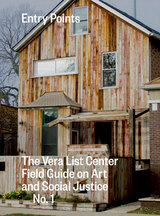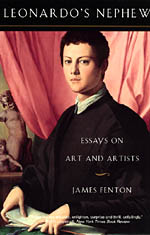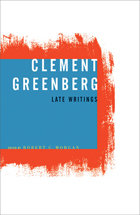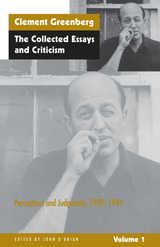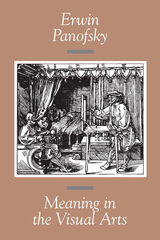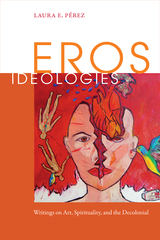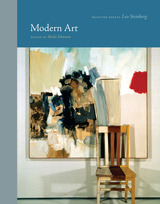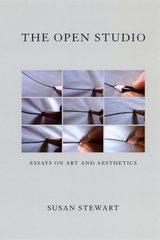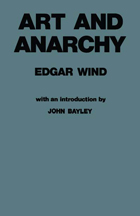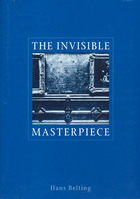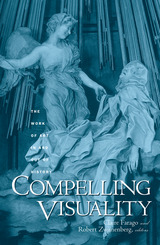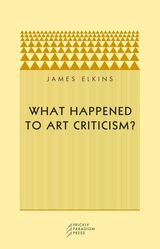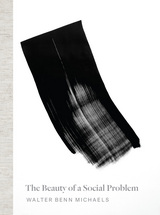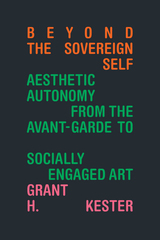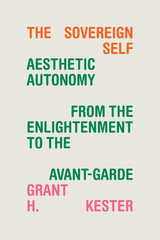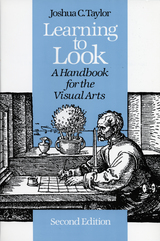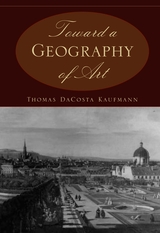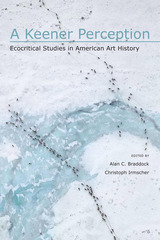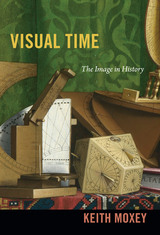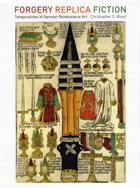What Happened to Art Criticism?
Prickly Paradigm Press, 2003
Paper: 978-0-9728196-3-3 | eISBN: 978-1-958846-07-0
Library of Congress Classification N7475.E48 2003
See other books on: Art | Art criticism | Criticism & Theory | Elkins, James | What Happened
See other titles from Prickly Paradigm Press
Paper: 978-0-9728196-3-3 | eISBN: 978-1-958846-07-0
Library of Congress Classification N7475.E48 2003
ABOUT THIS BOOK | REVIEWS | TOC
ABOUT THIS BOOK
Art criticism was once passionate, polemical, and judgmental; now critics are more often interested in ambiguity, neutrality, and nuanced description. And while art criticism is ubiquitous in newspapers, magazines, and exhibition brochures, it is also virtually absent from academic writing. How is it that even as criticism drifts away from academia, it becomes more academic? How is it that sifting through a countless array of colorful periodicals and catalogs makes criticism seem to slip even further from our grasp? In this pamphlet, James Elkins surveys the last fifty years of art criticism, proposing some interesting explanations for these startling changes.
"In What Happened to Art Criticism?, art historian James Elkins sounds the alarm about the perilous state of that craft, which he believes is 'In worldwide crisis . . . dissolving into the background clutter of ephemeral cultural criticism' even as more and more people are doing it. 'It's dying, but it's everywhere . . . massively produced, and massively ignored.' Those who pay attention to other sorts of criticism may recognize the problems Elkins describes: 'Local judgments are preferred to wider ones, and recently judgments themselves have even come to seem inappropriate. In their place critics proffer informal opinions or transitory thoughts, and they shy from strong commitments.' What he'd like to see more of: ambitious judgment, reflection about judgment itself, and 'criticism important enough to count as history, and vice versa.' Amen to that."—Jennifer Howard, Washington Post Book World
"In What Happened to Art Criticism?, art historian James Elkins sounds the alarm about the perilous state of that craft, which he believes is 'In worldwide crisis . . . dissolving into the background clutter of ephemeral cultural criticism' even as more and more people are doing it. 'It's dying, but it's everywhere . . . massively produced, and massively ignored.' Those who pay attention to other sorts of criticism may recognize the problems Elkins describes: 'Local judgments are preferred to wider ones, and recently judgments themselves have even come to seem inappropriate. In their place critics proffer informal opinions or transitory thoughts, and they shy from strong commitments.' What he'd like to see more of: ambitious judgment, reflection about judgment itself, and 'criticism important enough to count as history, and vice versa.' Amen to that."—Jennifer Howard, Washington Post Book World
See other books on: Art | Art criticism | Criticism & Theory | Elkins, James | What Happened
See other titles from Prickly Paradigm Press

